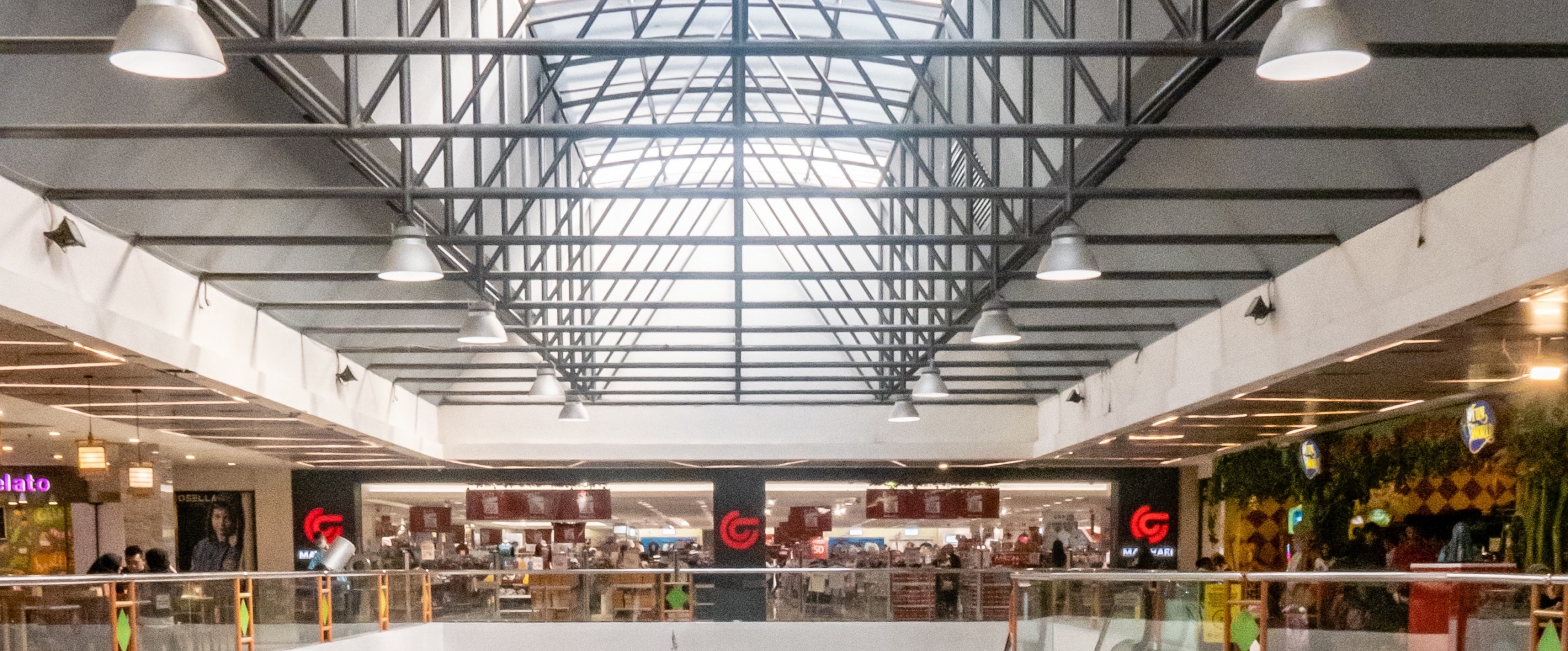If you haven’t already seen the CDC’s recent guidance on masks, you missed a whirlwind of a month. After more than a year of masking up (well, at least for some of us), as of May 13, it says that most fully vaccinated people will no longer need to wear masks, either indoors or outdoors.
In fact, most states have lifted the mask mandate for vaccinated individuals or plan to in coming weeks, with California waiting the longest until the fifteenth of June. Oregon is the only outlier, mandating that businesses check vaccination cards before shoppers enter stores. Even New Jersey Governor Phil Murphy, who was arguing to keep the mask requirement indoors, recently bowed to public pressure and removed it.
Almost immediately following these announcements, national chains updated their policies, no longer requiring masks in their stores. Theoretically, only fully vaccinated customers should enter maskless, but very few companies appear to be asking for proof.
With only 39% of American fully vaccinated (nowhere near the 70 to 80 percent required for herd immunity), however, many experts advise continuing to wear masks when indoors or in crowds and/or busy public spaces.
Low Wage Workers: in Harm’s Way
The CDC alongside the Biden administration wants to incentivize vaccination, and we get it. Giving vaccinated people the go ahead to return to normal feels like a great way to motivate more shots in arms.
This vaccinated-first approach, however, glosses over a number of important race and class variables that could increase the risks for low wage workers right now, especially low wage workers of color.
First off, workers of color are far more likely to work low wage jobs than white workers in general, which means they are already simply more exposed to more members of the general public on a daily basis, a factor that has contributed to communities of color being harder hit by Coronavirus.
Secondly, racial disparities in vaccination rates mean that many of those same workers are statistically less likely to be vaccinated at the moment, many because they’re concerned about missing work.
Many employers don’t give workers paid time off to get vaccines or to recover from side effects, so many people may conclude they can’t afford to take time off. Add to that the everyday racism of the health care system and the justified distrust of it among communities of color and the systemic factors really start to pile up.
What this almost certainly means is that people with lower rates of vaccination will be exposed to large numbers of maskless (and potentially unvaccinated) people indoors. Given a 2021 study found that white men had the lowest compliance with mask mandates of any group, it’s hard to miss the built-in racism and sexism contributing to low wage workers being put at risk here.
It's also a particularly worrisome dynamic in states like Mississippi, where the vaccination rate is just over 25 percent.
Which Stores Are Not Requiring Masks
- Costco: 1-425-313-8203
- Target: 1-612-696-3400
- Walmart: 1-800-925-6278
- Aldi: 1-312-988-2469
- Kroger: 1-513-762-1304
- Meijer: 1-616-249-6334
- Publix: 1-863-688-1188
- Trader Joes: 1-626-599-3700
- Harris Teeter: 1-704-844-3904
- Best Buy: 1-888-237-8289
- Dollar General: 1- 877-944-3477
- Home Depot: 1-800-466-3337
- Lowe's: 1-800-445-6937
- CVS: 1-410-986-1303
- Walgreens: 1-847-315-2921
- Kohls: 1-262-252-2020
- Macy's: 1-800-289-6229
- Chipotle: 1-949-524-4035
- Starbucks: 1-206-318-7100
- Albertsons: 1-208-395-4722
- Rite Aid: 1-800-748-3243
- JCPenney: 1-800-322-1189
This means that six million workers (many unvaccinated) across the country will now be subjected to maskless customers, and this is only the beginning. Smaller companies will undoubtedly follow suit, as will other large chains.
So, What Can You Do?
- Let’s start with the easiest step: wear a mask in stores. Even if you’ve been vaccinated, it will make employees feel safer in their place of work and create healthy social cues for others to wear a mask too.
- Call the companies above that have chosen to drop the mask mandates. Let them know you disagree with their choice and believe they are putting their employees at risk.
- Encourage those same companies to give paid time off to workers to get the vaccine and who may need some time to recover from side effects afterward.
- Talk to your friends and family about why wearing a mask in stores is a matter of labor and racial justice!
Image: by Sangga Rima Roman Selia via Unsplash
